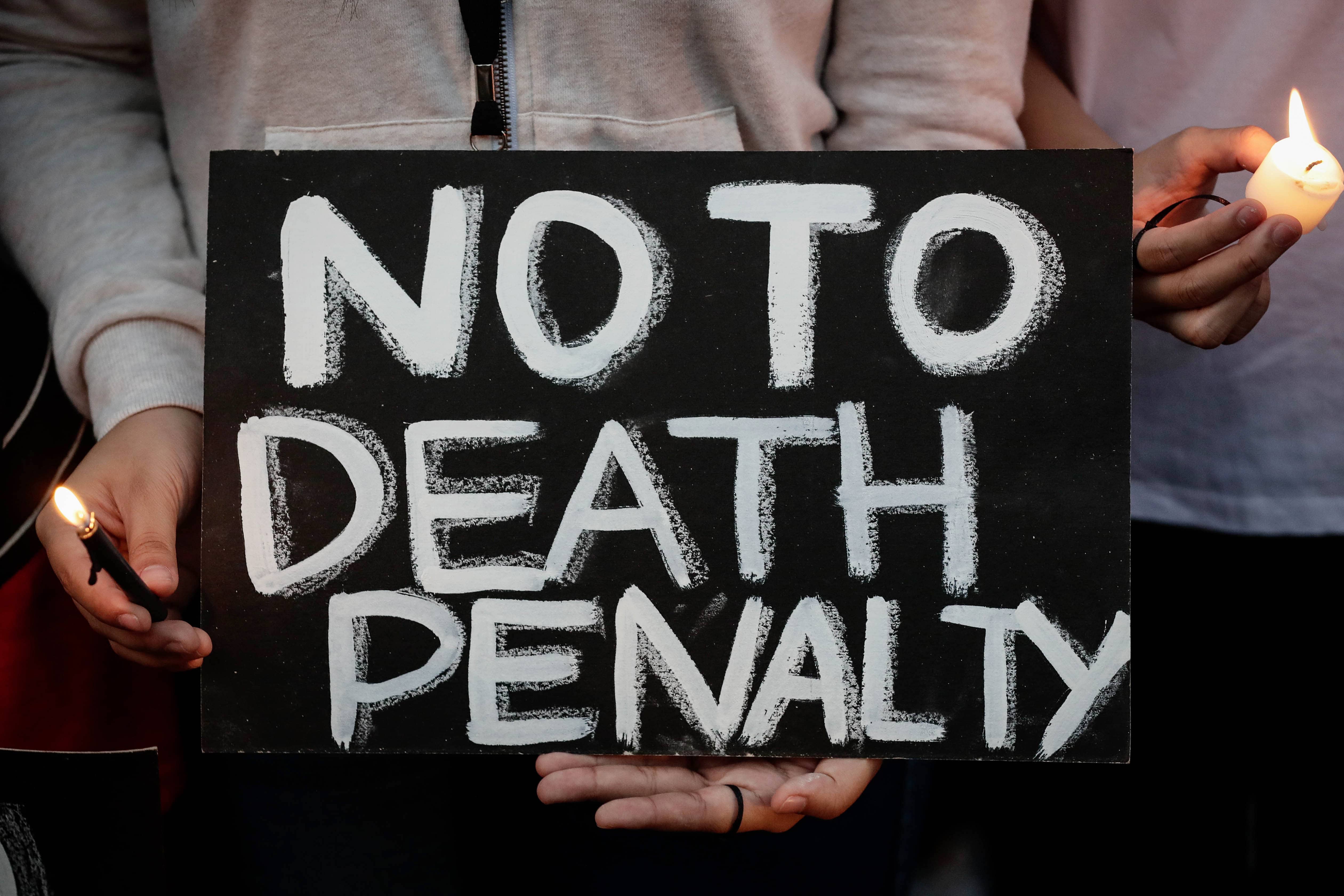Pope Francis has done more than we might realize. When he issued a revision of the Catechism of the Catholic Church on the death penalty, he did more than say that death penalty is no longer a permissible option when sentencing criminals. He called for a whole change in culture.
Previously, the Catholic Church held that the death penalty was permissible when a society needed to defend itself from the criminal and prison would not suffice, but also held that those situations were quickly dwindling. Now, those situations which previously called for the death penalty must be eliminated.
In a letter explaining the change, Jesuit Cardinal Luis Ladaria concluded by saying that the point of the new wording in the Catechism is to help “favor a mentality that recognizes the dignity of every human life” and “to encourage the creation of conditions that allow for the elimination of the death penalty where it is still in effect.”
In other words: we want to respect every life (and avoid taking life where possible), and so we need to make the social and cultural changes needed so that life is always respected.
One of the main points of pushback against this change to the Catechism is that there may still be places where the death penalty is effective in protecting a society, especially in poorer nations (though countries such as Haiti and Mozambique, among the poorest in the world, abolished it years ago). Alternately, it is pointed out that there is still violence within the prison itself, either against other prisoners or against the guards, which could be prevented through execution.
What Ladaria and Francis are saying is that if this is true, we need to change that. If an economy or infrastructure do not allow adequate prisons to be built, we need to figure out ways that they can be, so that we no longer need to execute people to keep society safe. If prisons are not structured to eliminate the threat a person poses, or are incapable of rehabilitating a person, we need to re-think the prison system.
If economic, social, and political structures do not allow us to keep every prisoner alive while keeping society safe, we are no longer allowed to throw up our hands. We are morally obliged to work for a society and culture that fosters their rehabilitation and their continued life. We must work for a culture of life.
When John Paul II spoke of a “culture of life” in in his encyclical Evangelium Vitae (Gospel of Life), he contrasted it with a “culture of death,” which is “fostered by powerful cultural, economic and political currents which encourage an idea of society excessively concerned with efficiency.” A culture of life, on the other hand, has social, economic, and political structures oriented to welcome life and care for all individuals.
When John Paul II wrote his encyclical, he took particular aim at abortion and euthanasia (though he also had strong words there on the death penalty, which Francis has explicitly built upon). In addition to being clear on how gravely wrong abortion and euthanasia are in themselves, he also decried any social or economic conditions that made them even thinkable as a necessity. Any social or economic conditions that make a woman think it would be better to abort her child, or a family think it would be better to euthanize a sick or disabled relative, must be done away with. Decisions of life and death do not occur in the abstract, and so conditions that make death thinkable must be changed.
Francis and Ladaria have now taken this thinking about the cultural conditions that enable abortion and euthanasia and applied it to the death penalty. We should never want to kill another person, and so we should always work to minimize the occasions where this might occur. We start with the premise “don’t kill these people,” and then fix the rest.
Changing an entire culture is hard work. It requires new ways of thinking, new ways of doing business, new expectations even about fundamental things. But in a Church whose founder challenged us to “be perfect as your Father in heaven is perfect” (Mt. 5:48), a tall order like this is par for the course.


